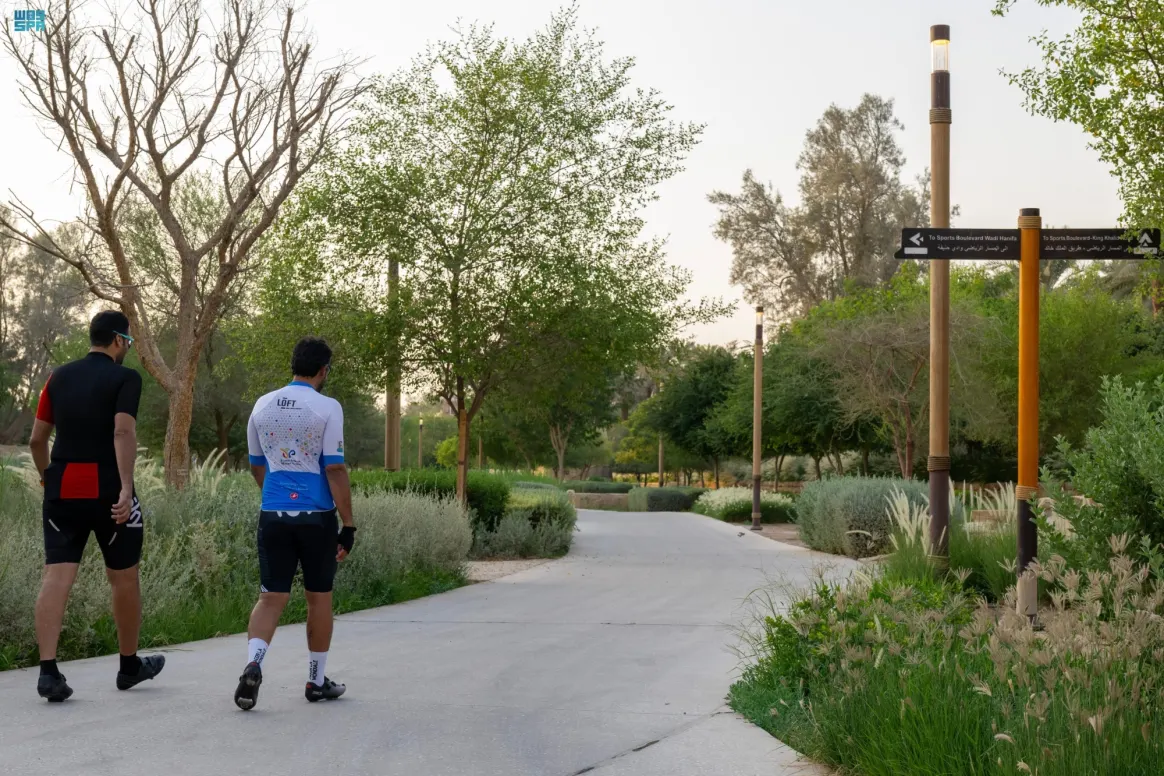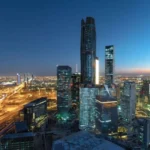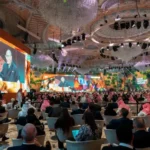Improves quality of life and strengthens the relationship between humans and the environment
The Wadi Hanifa development project in Riyadh represents a qualitative leap in modern urban planning, combining the preservation of natural resources with integrated recreational facilities. This aligns with a developmental vision that reflects the goals of Saudi Vision 2030 to improve quality of life and strengthen the relationship between humans and the environment.
The extended pathways allow for long-distance running in a natural and safe environment
The project spans 13.4 kilometers from Al-Alab Dam in the north to Jeddah Road in the south. It includes dedicated pathways for walking, cycling, and horseback riding, designed to flow harmoniously with the natural terrain. Service facilities such as parking areas and shaded rest zones make it an open destination that attracts families and outdoor enthusiasts.
The density of trees and natural shade helps moderate the temperature, encouraging sports activities even during hot summer months. The extended pathways also allow for long-distance running in a natural and safe setting.
Wadi Hanifa embodies a sustainable urban approach by repurposing the natural watercourse to serve as an ecological artery connecting city neighborhoods. It contributes to improving the local climate, increasing vegetation cover, and reducing heat effects, while also fostering community interaction and providing a natural retreat for families and outdoor sports enthusiasts.






